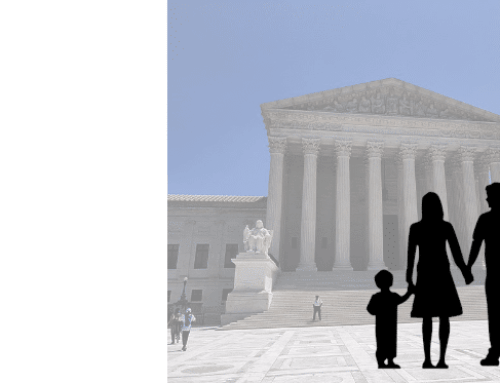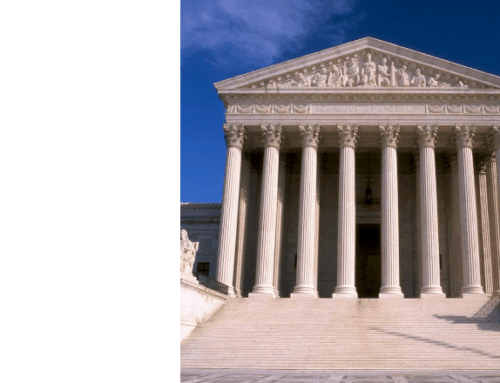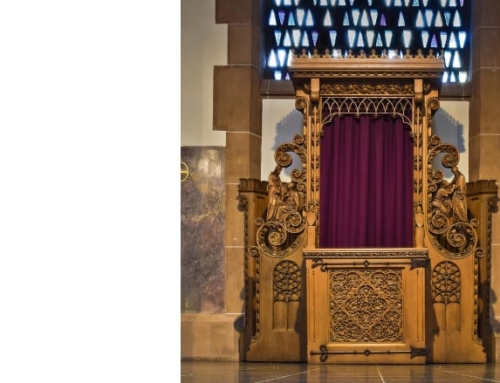Catholic League president Bill Donohue comments on a new Pew survey on religion:
The Pew Research Center’s latest survey on religion worldwide reveals some interesting socio-economic patterns.
In general, the developing nations are more likely to believe that it is necessary to believe in God in order to be moral and have good values than is true in the developed nations. Within each nation, the same phenomena exists: the wealthy are less likely to agree that God is central to morality than is true of those at the bottom of the class strata.
In the United States, 54% say it is not necessary to believe in God in order to be moral and have good values; 44% say it is necessary. Education drives the outcome: the most highly educated are the least likely to acknowledge the seminal place of God in shaping moral outcomes. Education, of course, is linked to income. Interestingly, the gap on this scale between those with higher income and those with lower income is greatest in the United States.
Political leanings matter as well. Those of a more conservative bent are the most likely to affirm the role of God in moral decisions; those who lean left are the least likely. This is true in all 15 nations surveyed.
When the question is personalized, i.e., when respondents are asked about the role of religion in their own lives, 72% of Americans say it is important.
It is clear from this survey, as well as many others, that socio-economic status helps to explain religiosity: there is an inverse relationship between the two, meaning that the more educated and affluent a person is, the less likely he is to say religion plays an important role in his life.
From a Catholic perspective, the sin of pride is operative. To be exact, the highly educated believe that they have no need for God; they believe they are morally self-sufficient and prefer to follow their own moral compass. Sociologically, this matters (after all, we all interact with each other). Ergo, we need to explore the content of their moral compass.
In the United States, those who say religion is critical to morality are essentially saying that their vision is shaped by the Judeo-Christian ethos, which is rooted in the Ten Commandments. Those who say God is not important are more likely to have their vision shaped by moral relativism; it defines their moral compass.
Which brings us back to the survey. It is one thing for someone, including a person of faith, to say that it is possible for an individual to be moral without also being religious. Indeed, examples abound. However, it is quite another to say that a society can be moral if most people entertain a secular vision.
This is not to say that the European nations, most of which have adopted a secular vision, are morally corrupt. They are not. But this is no tribute to them. Every western nation is still benefiting from the residue of the Judeo-Christian culture which has long shaped their society. History has shown, however, that in the long run, a culture that embraces moral relativism is inviting nothing but trouble.







